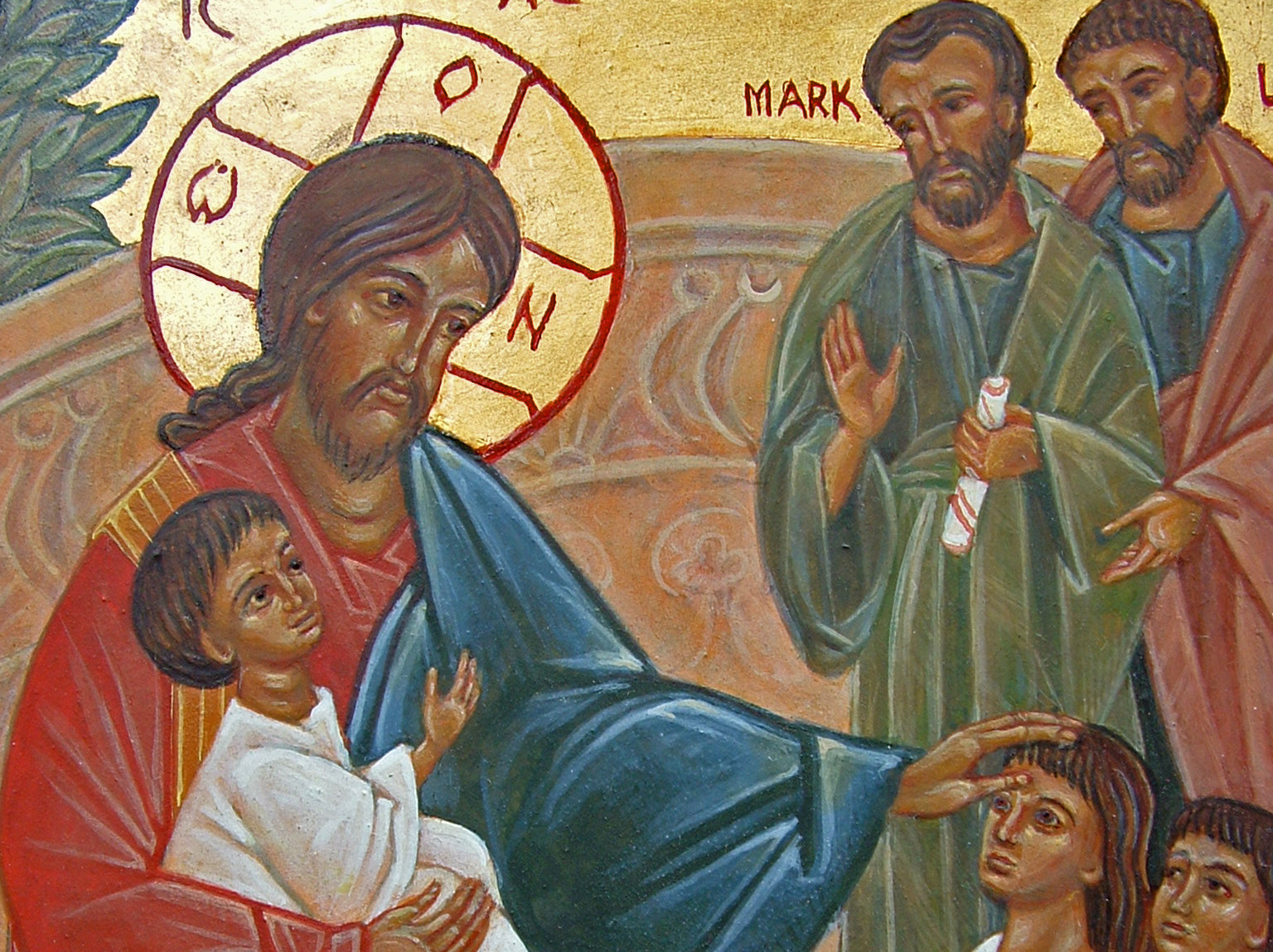God, known by many as our Father, would never sanction the punitive traumatizing of children, by separating them from their parents at a national border.
As a parent, it is unthinkable. To my 3- and 7-year-old daughters, my presence is everything. From the moment they wake up to the moment they fall asleep, and if they happen to wake up distressed in the middle of the night too, they want me there. We do not live in the crossfire of gang conflicts and are not scraping by with money for one meal at a time, but I’d be willing to bet that even if that were the case, me being with them would still be the most important thing in their lives. Of course a parent who loves their children would try to escape with them to a better life, and may God go with them. But woe unto those who seek to re-traumatize God’s beloved children.
Our immigration system is broken; all sides acknowledge that. But breaking the closest bond between human beings is not solving anything. So much brokenness and latent trauma haunts American society from taking African-American children from their parents during slavery, or removing Native American children from their families to be assimilated via boarding schools. Have we learned nothing from our collective sins against parents and children? Can we utter “Father God” or “Our Father who art in heaven” with any integrity, while perpetuating such violence to the family? Separating immigrating or asylum-seeking mothers or fathers from their children is never in the interest of the child, nor is it in the interest of our communities.
When we call God our parent (as Jesus did), we are claiming that God experiences the depth of the parent-child relationship at the core of human families, and God loves us like a parent does a child. This is part of what our God declares in Genesis by “making humankind in our image” (Gen 1:26); being in relationship is at the core of who God is and who we are. A Father or Mother God would never endorse ripping apart parents and children to make a political point or even to deter immigration. Can American Christians consent to this way of enforcing immigration restrictions by our government?
READ: Separating Immigrant Children from Their Families is Torture
For what is a mother or father to their children, or a Father or Mother God to us? Our mother is fiercest protection from all who would do us harm. Our Father is our fiercest advocate up against anyone who would oppress us. The way She repeatedly tells us how much we are loved is the foundation of our own self-worth. The way He coaches us to keep becoming who he knows we can be ingrains perseverance and resiliency in our personalities. The only people on earth I trust to have “no greater love than this, but to lay down one’s life” (John 15:13) for me are my parents. Children deprived of their parents have no dependable protection for their physical, emotional, or spiritual well-being in our cruel world. Is God to fill in those roles with no people to help?
A child being separated from your mother or father with no hope of reunification is traumatic for everyone involved. It should grieve us to the point of protest. If you are the parent, a part of you dies with that separation. This is part of the self-traumatizing sacrifice of birth parents who make an adoption plan for children they are unable to parent. If you are the child, you bear what is referred to in adoption circles, based on the work of Nancy Verrier, as a “primal wound” from the separation from your first parents. Birth parents, children, and adoptive parents move on, but trauma can affect the rest of our lives, our relationships, our resiliency, our participation in civil society. Families crossing into the United States have left their home countries because of trauma. Separating parents and children at the border is heaping trauma upon trauma for both parents and children.
We could mitigate our guilty feelings by quibbling over which parent God resembles and how. Some churches endorse strict gender roles in parenting by defining fathers and a Father God as ones who guide their children, discipline them, and are to be obeyed, while those in the motherly role take care of emotional nurture and comfort. Yet even such a father would never willingly traumatize children by forceful separation. Jesus challenges his hearers: “Is there anyone among you who, if your child asks for bread, will give a stone?” (Matthew 7:9)
Although Jesus himself used the word Abba (“Daddy”) to speak with the intimacy of a child to God, God’s actions reveal a mothering character as well. God has “numbered every hair on our heads” (Matthew 10:30) like a mother who knows when any little thing is amiss and “neither slumbers nor sleeps” (Psalm 121) while watching over us. Jesus nurtures and raises his disciples not just through teaching, but endless days of just being with them, making sure the crowds are fed, aligning his heart with grief-stricken mothers at the death of a child or with tenacious mothers begging for their child’s healing. God has lived in the space between parents and children many times. God, our parent, will not condone destroying this sacred bond.
If you want to admit that separating children from their parents at the border is a political issue to you and nothing else, you have other images of God you can twist and wield as you wish: God as Judge, God Who Decrees Commandments, or God Who Seeks (Your Interpretation of) Justice. But the God as Parent metaphor is no longer available to you.

